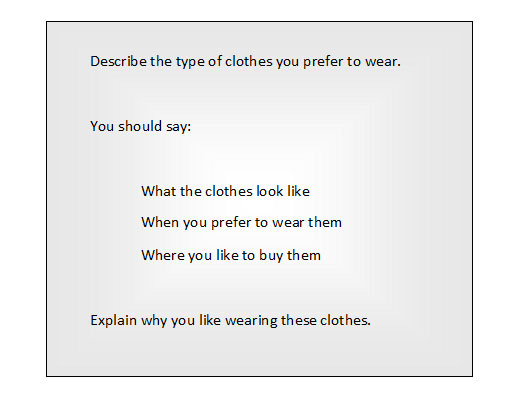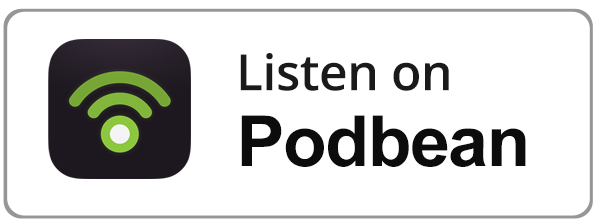- Home
- Ielts Speaking
IELTS Speaking
Feeling worried about the IELTS speaking test and unsure of how to achieve the best score? Many candidates feel this way.
IELTS buddy will help you prepare for the test so you know what kind of questions you will get asked and what is the best way to answer them!
Even candidates who can speak well may not get the score they want if they do not know what is expected of them in the test.
On this page you'll find exercises, tips and sample tests to help your improve your speaking for the exam.
IELTS Speaking Resources
- Lessons, Tips and Strategies: Here you'll find lots of advice and techniques to improve your speaking score
- Full Sample Practice Tests: Check out these speaking practice tests
- IELTS Speaking Questions with Answers: View sample speaking questions with answers and hear a real test
- Example questions from Part 1, Part 2, and Part 3
- Speaking Forum: If you still have questions about the test you will likely get the answer in the forum.
Looking for someone to practice your speaking with? Follow this link to find a speaking buddy
Or even better, do you want to practice by having real mock test with a band score and feedback? If so book an online session here:
When you enrol in any of the external courses here, we may get an affiliate commission — but it never affects your price or what we pick and the courses are designed and owned by IELTS buddy.
About the IELTS Speaking Test
|
|
Introduction and questions on familiar topic areas such as work, study, hobbies, holidays | |
|
|
2 minute talk on a familiar topic | |
|
|
Two-way discussion on issues related to the topic in part 2 |
PART 1
Before the part one questions start, there is a brief introduction. The examiner will introduce him/herself and you will need to tell the examiner your name and show your identification such as a passport or ID card.
The questions will then begin. This part of the IELTS speaking test is the easiest part. The examiner will ask you general questions about yourself.
Common topics are on your home, family, job, studies, interests, and a range of similar familiar topic areas.
The examiner will choose three topic areas and you'll have about four questions on each. So you'll have around 10-14 questions, depending on how long you speak for on each.
Here is an example:
I’d just like to ask you some questions about your work.
- What job do you do?
- Why did you choose that particular job?
- What do you do every day?
- What other work would you consider doing?
I’d like to move on and ask you some questions about relaxing.
- What type of activities help you relax?
- Do you like to do these activities alone or with other people?
- Why do you think it is important for people to relax?
- Do you think people have enough time for relaxing?
Let’s change the topic and talk about your family.
- Do you have a big or a small family?
- Do you live together or nearby?
- What activities do you like to do together?
- Who is your favourite family member?
PART 2
In the IELTS speaking part 2 you will have to talk on a topic that the examiner gives you for two minutes. It is designed to test your ability to speak for an extended period without hesitation or repetition.
You will be given a card that asks you to 'describe' something. They are topics that you should have some experience of or know something about.
You may, for example, be asked to describe a person you know, a place you've been to, or a possession you have, but there are many different topics so you have to be prepared for any topic. On the card there will also be three sub-points that you should cover when you are speaking.
You will have one minute to prepare what you are going to say, and you'll be given a paper and a pencil to make notes if you want to.
Here is an example:

You may then be asked one or two short follow up questions:
- Do your friends like to wear this type of clothes?
- Do you wear other styles of clothes as well?
PART 3
In the final part of the IELTS speaking test the examiner will have a discussion with you about some issues that will be related to the topic that you talked about in part 2. The questions in this part are of a more abstract nature and so are more difficult than the questions in part one and two.
It's a two-way discussion but you will still be expected to do most of the speaking.
Here is an example:
- Is buying clothes a popular activity for teenagers in your country?
- How much money should parents spend on their children's clothes?
- What types of fashion do teenagers like to wear in your country?
- What influence has the fashion industry had in your country?
- Are the fashions of today different from those when your parents were young?
- What do you think will be the effects of the fashion industry in the next ten years?
Comments
Any comments or questions about this page or about IELTS? Post them here. Your email will not be published or shared.
Band 7+ eBooks
"I think these eBooks are FANTASTIC!!! I know that's not academic language, but it's the truth!"
Linda, from Italy, Scored Band 7.5











